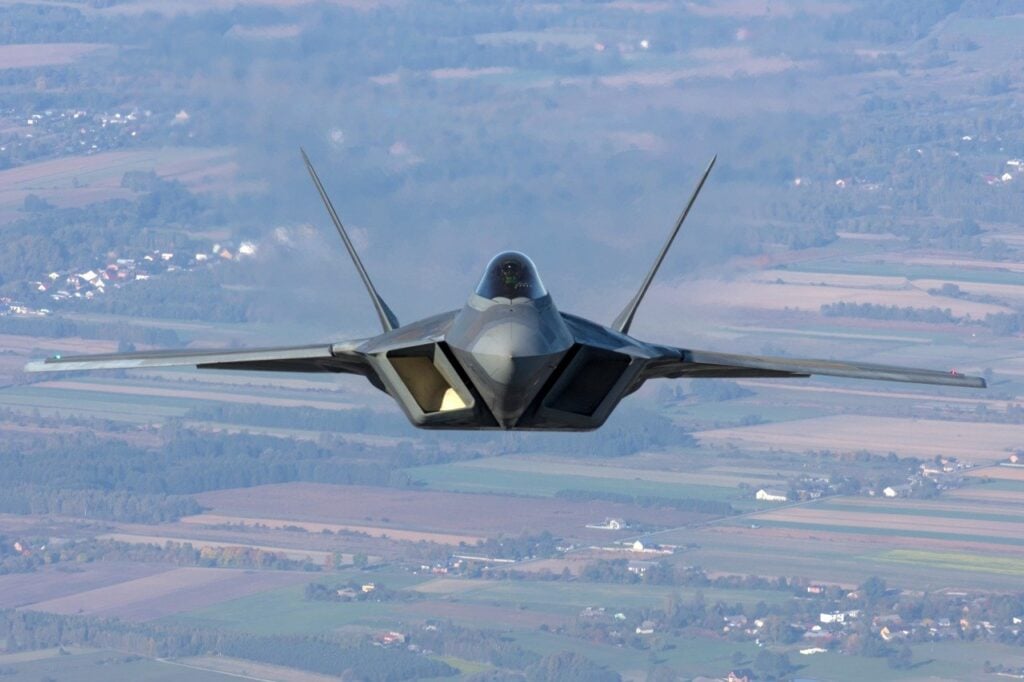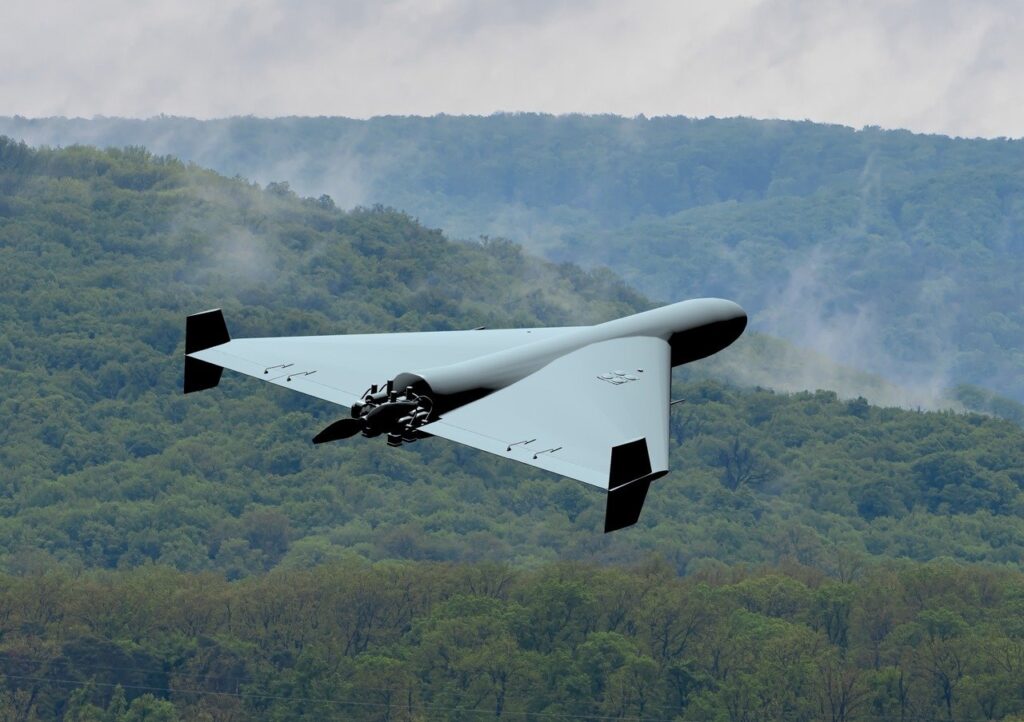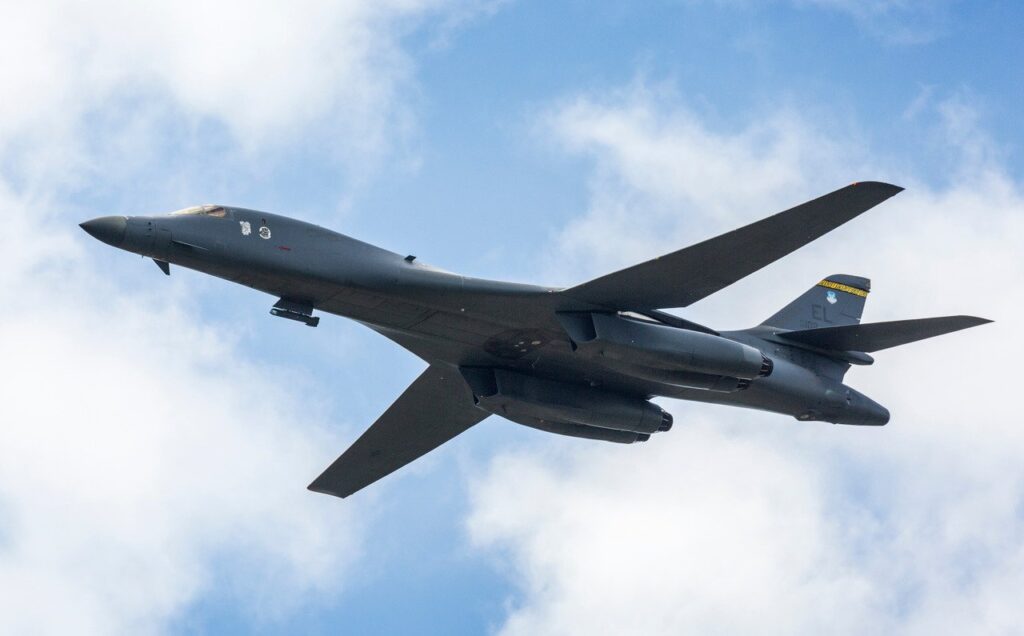
Precision Guided Munition Stockpiles Could Decide Israel’s Next Conflict
Congress extended for two years the Defense Department’s authority to stockpile weapons in Israel at the end of 2019. The decision was applauded by the American Israel Public Affairs Committee. This enables the Special Defense Acquisition Fund to “transfer precision guided munitions and related defense articles and services to reserve stocks for Israel.” In light of the recent Israel-Iran tensions and U.S. airstrikes on an Iranian-backed militia in Iraq and Syria, Israel’s need for these stockpiles may be more timely if a conflict emerges.
The Special Defense Acquisition Fund (SDAF) was set up as a Department of Defense controlled “revolving fund” to acquire defense articles in anticipation of their sale to foreign allies and partners. It has $2.5 billion in the fund. Between 2018 and 2020, the fund is supposed to use at least twenty percent of its funds to procure precision guided munitions that may be required by partner and allied forces “to enhance the effectiveness of current or future contributions to such forces to overseas contingency operations.” When the U.S. House Appropriations Subcommittee on State and Foreign Operations looked at the 2020 budget it included language for the SDAF. “The committee supports the use of this fund to transfer precision guided munitions and related defense articles and services to reserve stocks for Israel and the transfer of such stocks as necessary for Israel’s legitimate self-defense.”
According to the Congressional Research Service, since 2014 Israel has requested that the U.S. military increase its stockpile of precision guided munitions stored in Israel in case of an emergency during a conflict involving Hezbollah or other groups. The National Defense Authorization Act passed in 2018 authorized the President to make an assessment of the quality and type of munitions necessary for Israel “in the event of a prolonged war.” The US has been storing war reserve stocks in Israel for decades. Since the 1990s, authorizations for up to $200 million in annual additions to the stockpile have been made.
In 2015, Israel also sought to purchase 14,500 Joint Direct Attack Munitions (JDAM) tail kits, for a variety of bombs. These included MK-84s, MK-83s, MK-82s, BLU-113 bombs and GBU-39s. Israel is in the midst of its third ten-year Memorandum of Understanding that will last through 2028. That MOU included $3.3 billion in funding and hundreds of millions annually for joint programs, such as air defense. But Israel’s pressing military needs also require the precision guided missiles that can target Hezbollah and Iranian threats.
Access to precision guided munitions is important for Israel because of the threat Iran and its proxies pose. Israel has conducted more than 1,000 airstrikes against 250 targets in Syria over the last several years. This year, Israel continued to strike targets in Syria and also in Iraq and said it will not allow Iranian entrenchment in either country. Israel’s Chief of Staff Aviv Kochavi says that Iran is transferring advanced munitions via Iraq and Syria and that Israel “can’t allow that.” In August 2018 and December 2019 Iran was reported to be moving ballistic missiles to Iraq that can threaten Israel.
An assessment of Israel’s challenges in 2020 at the large Israeli daily Yediot noted that the country will face increasing challenges dealing with Iran in Syria, especially due to Russia’s presence in Syria. The article argues that the IRGC is increasing its role in Syria and its construction of a “land bridge” between Iraq and Syria for Iranian weapons transfers. These weapons transit near the Al Bukamal crossing where there is an Iranian base. “They have ballistic missiles and rockets and cruise missiles and accurate UAVs,” the article notes. Israel is seeking to “shorten the next war and win it at minimal cost to the home front.” The article warns that Israel has postponed a decision on acquiring new combat aircraft, such as the F-15 and F-35, and improving the multi-layered air defense Israel has. The accelerating Iranian threats and the recent U.S. airstrikes in Iraq and Syria may mean that the looming conflict emerges sooner.
Seth J. Frantzman is a Jerusalem-based journalist who holds a Ph.D. from the Hebrew University of Jerusalem. He is the executive director of the Middle East Center for Reporting and Analysis and a writing fellow at Middle East Forum. He is the author of After ISIS: America, Iran and the Struggle for the Middle East (forthcoming Gefen Publishing). Follow him on Twitter at @sfrantzman.
Image: Wikipedia.


